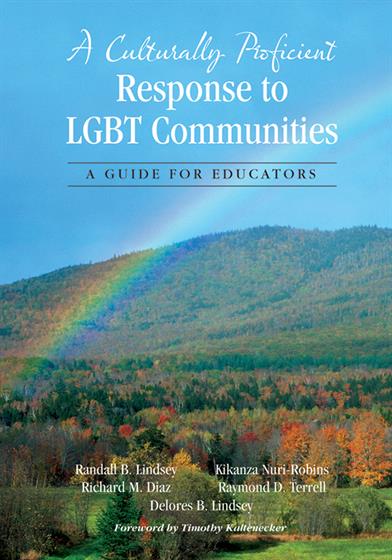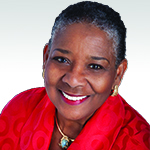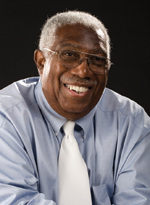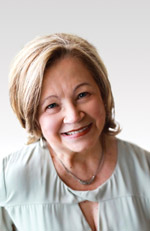Hands-on, Practical Guidance for Educators
From math,
literacy, science, equity, multilingual learners, and SEL, to assessment, school counseling,
and education leadership, our books are research-based and authored by experts
on topics most relevant to what educators are facing today.

A Culturally Proficient Response to LGBT Communities
A Guide for Educators
By:
Randall B. Lindsey, Richard M. Diaz, Kikanza Nuri-Robins, Raymond D. Terrell, Delores B. Lindsey
Foreword by Timothy Kaltenecker
Positive systemic change begins when leaders propel schools toward diverse-friendly environments. Build welcoming, safe spaces through this inside-out analysis of cultural proficiencies, policies, and practices.
Product Details
- Grade Level: PreK-12
- ISBN: 9781452241982
- Published By: Corwin
- Year: 2013
- Page Count: 184
- Publication date: June 21, 2013
Review Copies
This book is not available as a review copy.





